Navigating the Hebrew Calendar: January 2025
Navigating the Hebrew Calendar: January 2025
Introduction
With great pleasure, we will explore the intriguing topic related to Navigating the Hebrew Calendar: January 2025. Let’s weave interesting information and offer fresh perspectives to the readers.
Table of Content
Navigating the Hebrew Calendar: January 2025

The Hebrew calendar, a lunisolar calendar, holds deep significance for Jewish communities worldwide. Unlike the Gregorian calendar, which follows the solar year, the Hebrew calendar aligns with the lunar cycle. This means that the start of each month is determined by the sighting of the new moon. As a result, the Hebrew calendar’s months fluctuate in length, and the start date of each year can vary.
Understanding the Structure
The Hebrew calendar is comprised of 12 months, each with a unique name and significance:
- Tishrei: The first month of the Hebrew year, Tishrei is a time of introspection, reflection, and spiritual renewal. It encompasses Rosh Hashanah (New Year), Yom Kippur (Day of Atonement), and Sukkot (Feast of Tabernacles).
- Cheshvan: The second month, Cheshvan, is a transitional month that can have either 29 or 30 days.
- Kislev: The third month, Kislev, is marked by the celebration of Hanukkah, the Festival of Lights.
- Teves: The fourth month, Teves, is a time of remembrance and reflection, particularly in connection with the Siege of Jerusalem.
- Shevat: The fifth month, Shevat, is associated with Tu B’Shevat, the New Year for Trees, a celebration of nature and renewal.
- Adar: The sixth month, Adar, is a time of joy and celebration. It includes Purim, the Festival of Lots, commemorating the miraculous deliverance of the Jewish people from Haman’s plot to exterminate them.
- Adar II: In leap years, an extra month, Adar II, is added to the calendar. This ensures that the Hebrew calendar stays aligned with the solar year.
- Nisan: The seventh month, Nisan, is considered a sacred month. It marks the beginning of the spring season and includes Passover, commemorating the Israelites’ exodus from Egypt.
- Iyar: The eighth month, Iyar, is a month of growth and renewal. It includes Lag Ba’Omer, a day of celebration and remembrance.
- Sivan: The ninth month, Sivan, is a time of spiritual growth and connection. It includes Shavuot, the Festival of Weeks, commemorating the giving of the Torah at Mount Sinai.
- Tammuz: The tenth month, Tammuz, is a month of mourning and reflection. It includes the Fast of Tammuz, commemorating the breach of Jerusalem’s walls during the Roman siege.
- Av: The eleventh month, Av, is a month of introspection and mourning. It includes Tisha B’Av, a fast day commemorating the destruction of the First and Second Temples in Jerusalem.
- Elul: The twelfth month, Elul, is a time of preparation for the High Holy Days. It is a period of introspection and repentance.
The Hebrew Calendar in January 2025
January 2025 falls within the Hebrew month of Teves. This month, which typically spans from mid-December to mid-January, is a time of reflection and remembrance, particularly in connection with the Siege of Jerusalem.
Key Observances in January 2025
- Chanukah: The Festival of Lights, which commemorates the rededication of the Second Temple in Jerusalem, may still be celebrated in early January 2025.
- Fast of Teves: This fast day, observed on the 10th of Teves, commemorates the beginning of the Siege of Jerusalem by the Babylonians in 589 BCE.
Importance and Benefits of the Hebrew Calendar
The Hebrew calendar serves as a powerful tool for connecting with Jewish history, tradition, and spirituality. It provides a framework for understanding the rhythm of the year, marking important events and observances that have shaped Jewish identity for millennia.
Benefits:
- Connection to Jewish history: The calendar allows individuals to connect with pivotal moments in Jewish history through the observance of holidays and fast days.
- Spiritual growth: The calendar encourages introspection, reflection, and spiritual growth through the observance of various rituals and practices.
- Community building: The shared calendar fosters a sense of community and shared identity among Jewish people worldwide.
- Cultural preservation: The Hebrew calendar helps preserve Jewish traditions and customs, ensuring their continuity for future generations.
FAQs
Q: How is the Hebrew calendar determined?
A: The Hebrew calendar is a lunisolar calendar, meaning it is based on both the lunar cycle and the solar year. The start of each month is determined by the sighting of the new moon, while the length of the year is adjusted to align with the solar year. This is achieved by adding an extra month, Adar II, to the calendar in leap years.
Q: How do I convert dates from the Gregorian calendar to the Hebrew calendar?
A: Numerous online converters and calendar apps are available to facilitate conversions between the Gregorian and Hebrew calendars. These tools allow users to input a Gregorian date and receive the corresponding Hebrew date and vice versa.
Q: Why is the Hebrew calendar important to Jewish people?
A: The Hebrew calendar serves as a vital link to Jewish history, tradition, and spirituality. It provides a framework for understanding the rhythm of the year, marking important events and observances that have shaped Jewish identity for millennia.
Tips
- Explore the meaning of the Hebrew months: Take time to learn about the significance of each month in the Hebrew calendar and its associated observances.
- Engage in traditional practices: Participate in the rituals and customs associated with the various holidays and fast days observed throughout the year.
- Connect with your community: Participate in events and gatherings organized by your local synagogue or Jewish community center.
Conclusion
The Hebrew calendar is a powerful tool for connecting with Jewish history, tradition, and spirituality. It provides a framework for understanding the rhythm of the year, marking important events and observances that have shaped Jewish identity for millennia. By understanding the structure and significance of the Hebrew calendar, individuals can deepen their connection to their heritage and engage more fully in the rich tapestry of Jewish life.
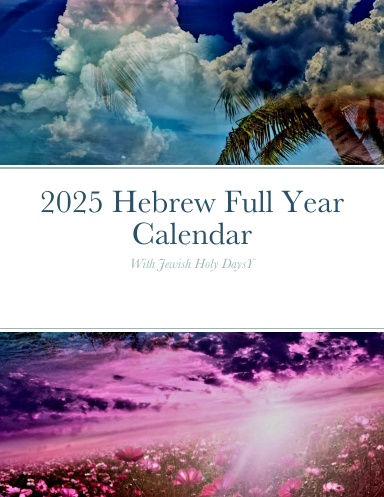
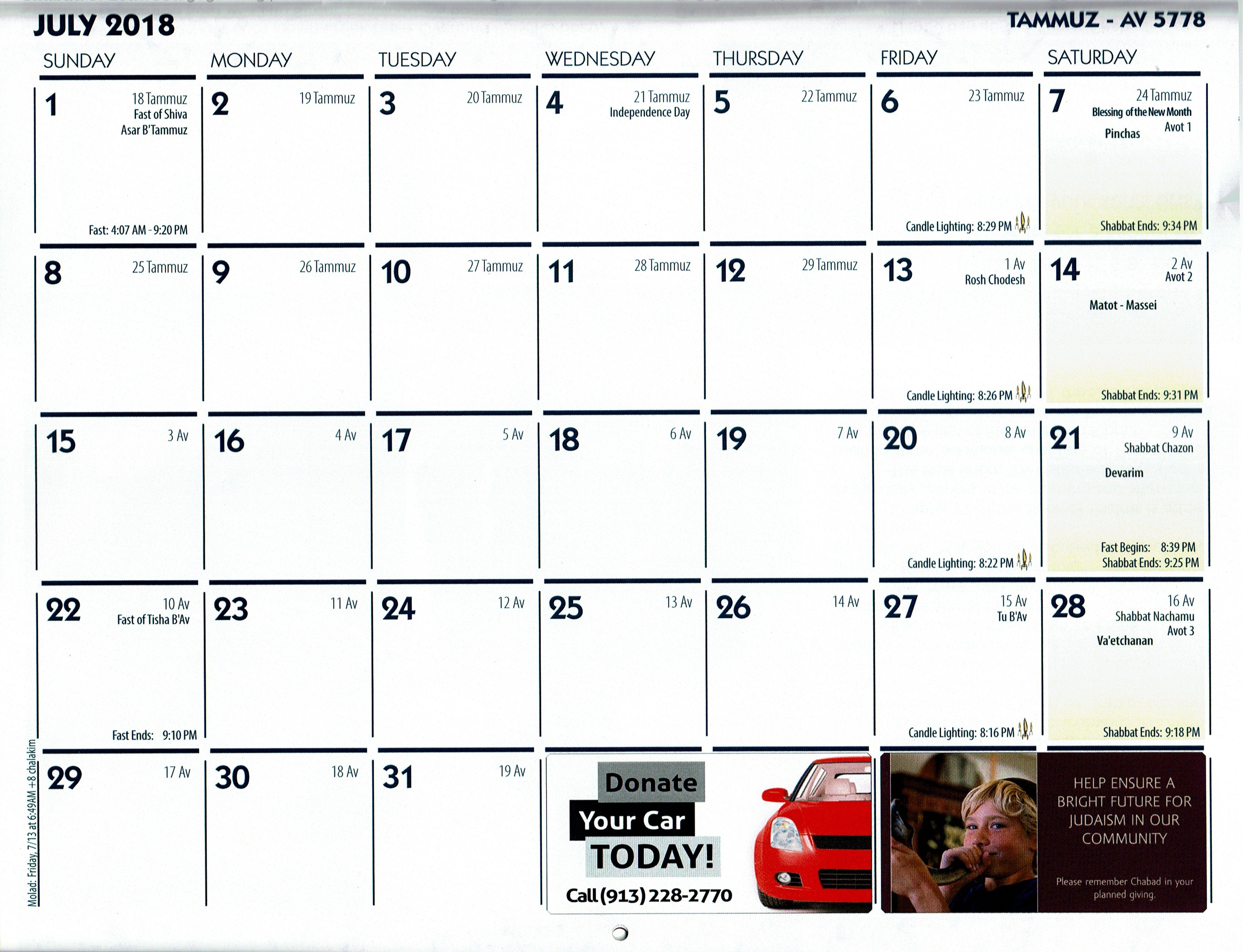
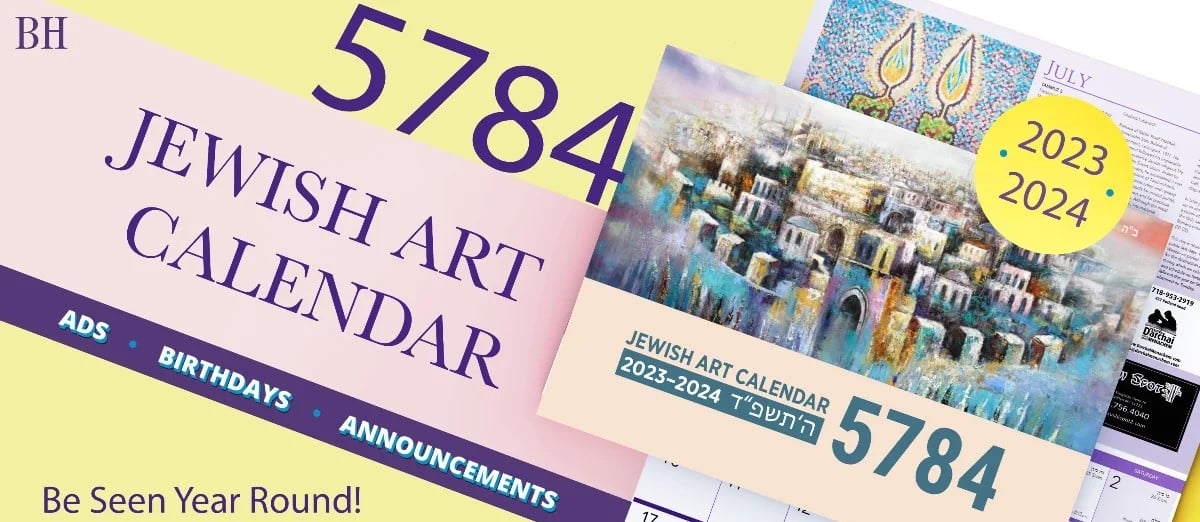

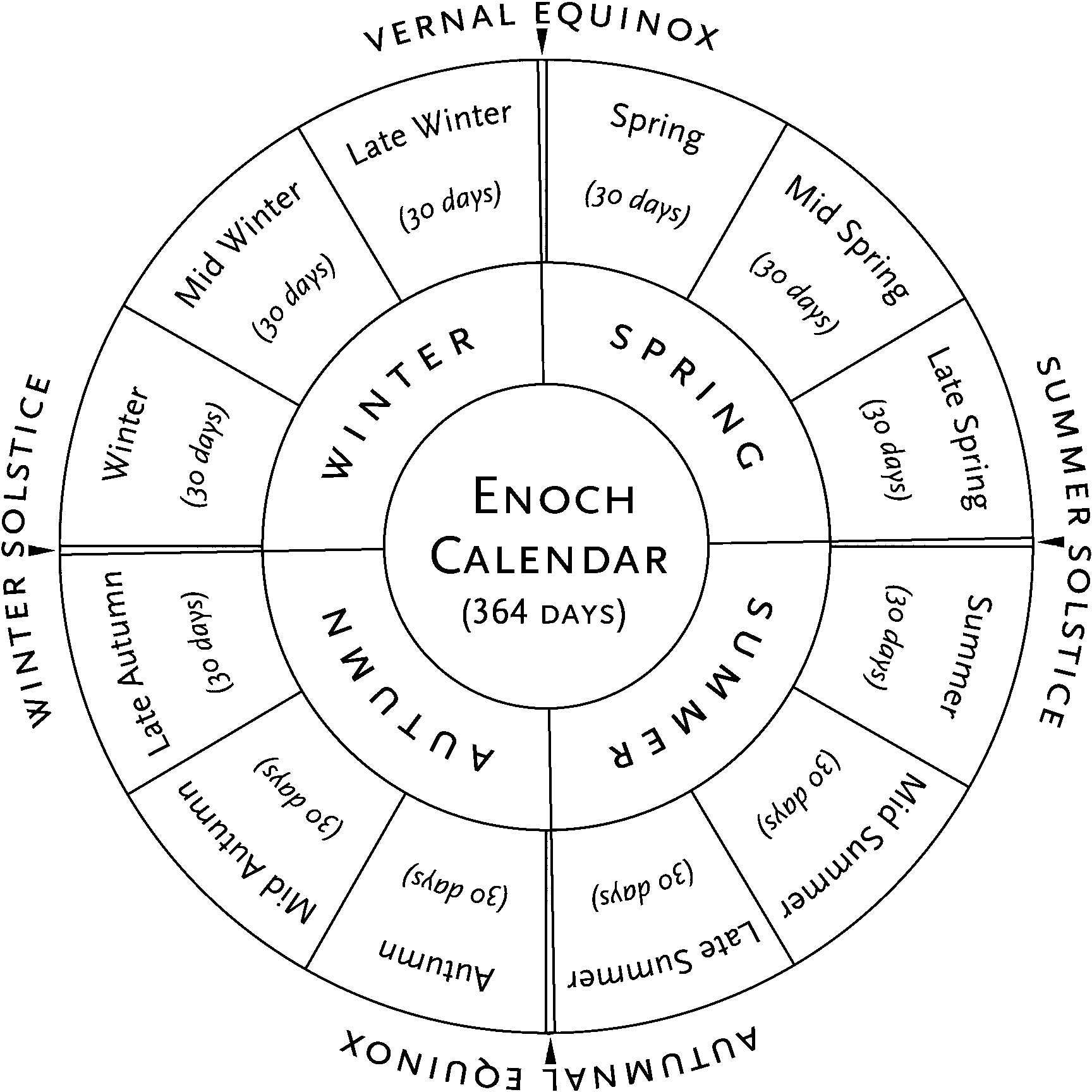
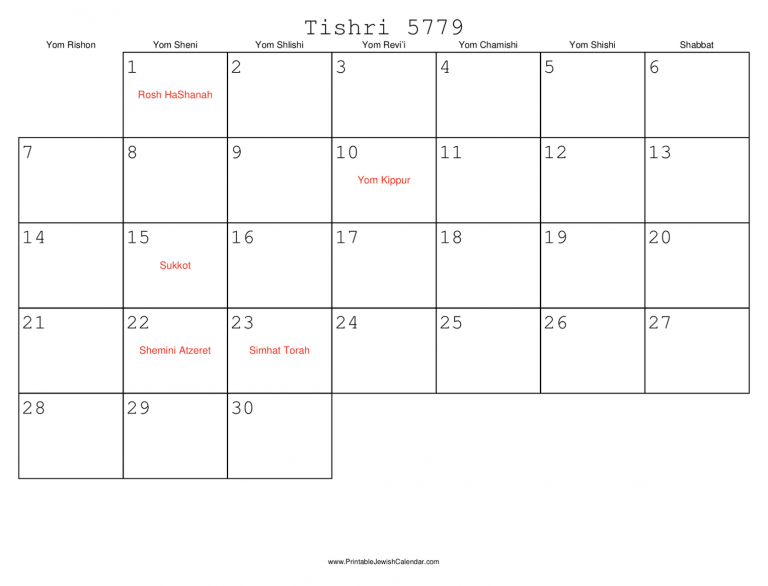
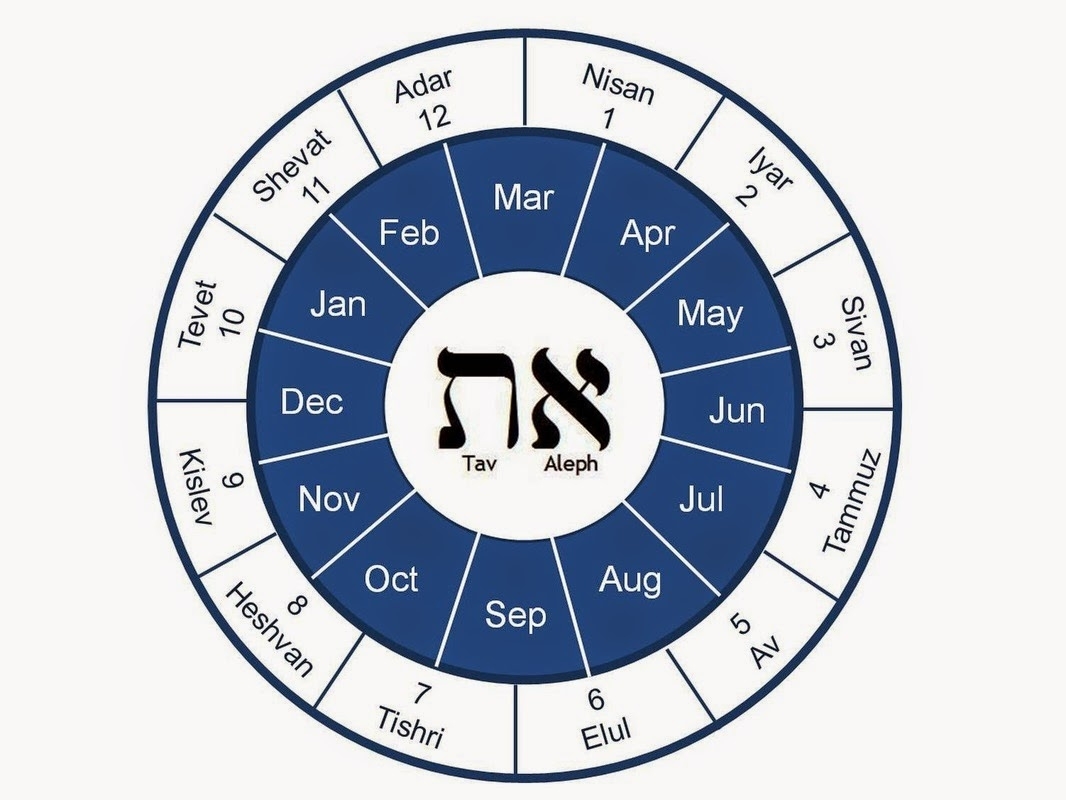

Closure
Thus, we hope this article has provided valuable insights into Navigating the Hebrew Calendar: January 2025. We hope you find this article informative and beneficial. See you in our next article!